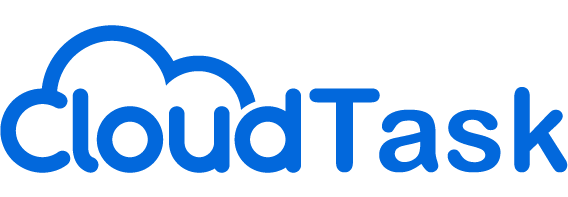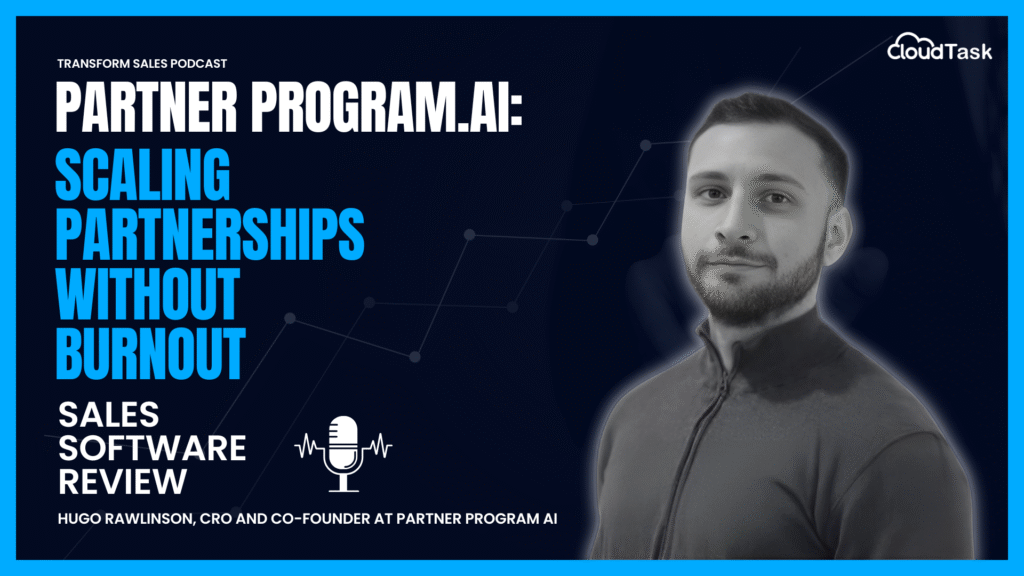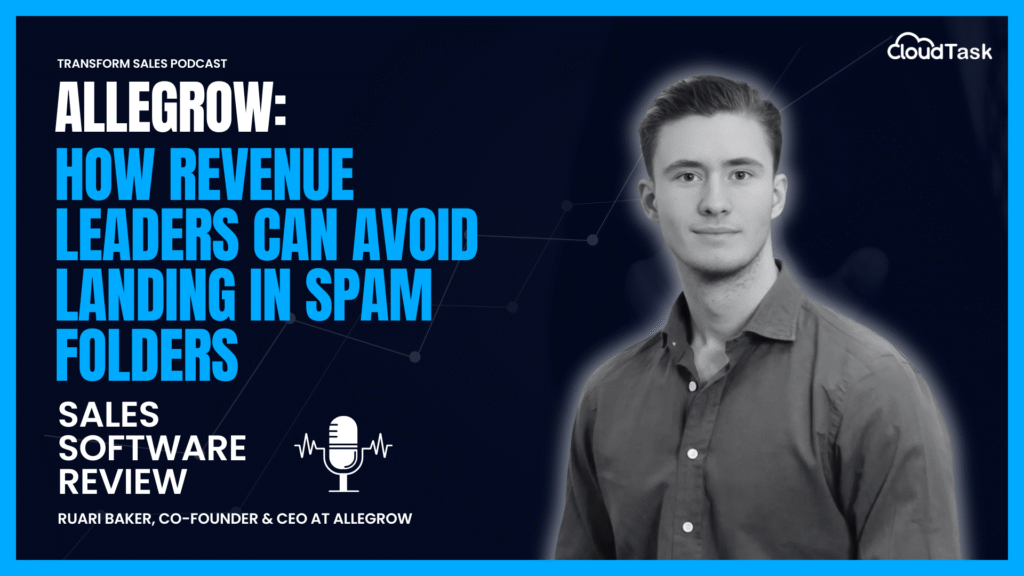In this episode of the Transform Sales Podcast: Sales Software Review Series, David Menjura, Demand Generation at CloudTask, and Usman Sheikh, Founder and CEO of xIQ, discussed how large enterprise B2B sales reps can use xIQ to tackle the challenges of long sales cycles, complex decision-making processes, and limited customer-facing time.
When it comes to personalization strategies for sales reps, what alternatives were your customers most often using before buying your software?
Before implementing xIQ, sales reps often relied on the following alternatives for personalization:
- Generic CRM systems: Many B2B sales teams use CRM platforms like Salesforce or HubSpot to manage contacts and track interactions. While these tools are effective for data management, they lack advanced behavioral insights that enable deeper personalization.
- Manual research and outreach: Sales reps often spend hours researching potential clients on platforms like LinkedIn, Twitter, and company websites. This time-consuming process limits their ability to engage with prospects meaningfully.
Mass email marketing tools: Platforms such as Mailchimp and Constant Contact are popular for sending out bulk email campaigns. However, they often result in cookie-cutter communication, which lacks the personal touch needed for enterprise-level sales.
What challenges were your customers running into that your software helped them overcome?
Sales reps faced significant obstacles with these traditional approaches, including:
- Time consuming research: As Usman Sheikh highlighted, sales reps spend less than 28% of their time on customer-facing activities. The rest is consumed by administrative tasks, research, and preparing outreach materials. This inefficiency hinders their ability to focus on building relationships and closing deals.
- Lack of personalization: Generic emails and presentations often fail to resonate with potential clients. Without insights into the buyer’s personality and preferences, sales reps struggled to stand out in competitive environments.
Fragmented tools: Managing multiple tools for CRM, email marketing, and research creates a disjointed workflow. This fragmentation increases operational costs and reduces overall efficiency.
What are the key features of xIQ that help overcome the personalization strategies challenges?
Time consuming research
- Situation: Sales reps need to quickly understand their prospective buyers to personalize interactions effectively.
- Problem: Traditional methods require days or hours of research, leaving little time for customer engagement.
- Solution: xIQ reduces research time from days to seconds by analyzing digital footprints on platforms like LinkedIn and Twitter. By leveraging behavioral science, it predicts a buyer’s personality, allowing reps to tailor their outreach.
Lack of Personalization
- Situation: Buyers expect tailored communication that addresses their unique needs and preferences.
- Problem: Cookie cutter emails and presentations fail to build trust and differentiate sales reps from competitors.
- Solution: xIQ enables hyper-personalized outreach by generating customized emails, social media posts, and presentations. This humanizes interactions and ensures that sales strategies align with the buyer’s mindset.
Fragmented Tools
- Situation: Sales reps need an integrated platform to streamline their workflow and reduce operational costs.
- Problem: Switching between multiple tools creates inefficiencies and increases costs.
- Solution: xIQ combines marketing and sales capabilities in one platform, reducing operational costs by up to 97%. Its seamless integration with Outlook and Salesforce ensures a cohesive experience.
What tasks, deliverables, and/or people need to be involved in setting up xIQ for personalization strategies, and how long does it typically take to reach full productivity?
Implementing xIQ for personalization involves key steps:
- Preparation: Companies should gather existing CRM data and ensure their sales team understands the basics of their current sales process.
- Integration: xIQ integrates seamlessly with platforms like Salesforce and Outlook, simplifying setup. This integration supports scalability as businesses grow.
- Onboarding: Most customers manage implementation in-house, though some opt for third-party assistance depending on team size and technical expertise.
- Cost: A typical 12-month SaaS license includes comprehensive functionality, with pricing tailored to the organization’s size and needs. Additional fees may apply for advanced customization or third-party services.
What KPI’s should sales reps use to evaluate their success with xIQ for personalization strategies, and what quantifiable outcomes can they expect?
- Win Rates: Customers using xIQ have reported a 4x higher win rate compared to traditional methods, as validated through A/B testing.
- Engagement Metrics: Emails and campaigns crafted with xIQ achieve 48% higher engagement and click-through rates.
- Operational Efficiency: By consolidating tools and automating tasks, xIQ reduces total operational costs by 97%.
As Usman Sheikh explained, “Our platform ensures that no opportunity slips through the cracks. By humanizing interactions and optimizing workflows, xIQ empowers sales reps to close more deals in less time.”
Conlusion
xIQ offers a transformative approach to large enterprise B2B sales by addressing key challenges such as inefficient research, lack of personalization, and fragmented workflows. By leveraging behavioral science and AI, it empowers sales reps to build meaningful relationships and drive results. Whether you’re looking to improve engagement, streamline operations, or boost win rates, xIQ provides the tools you need to succeed in complex B2B environments.











